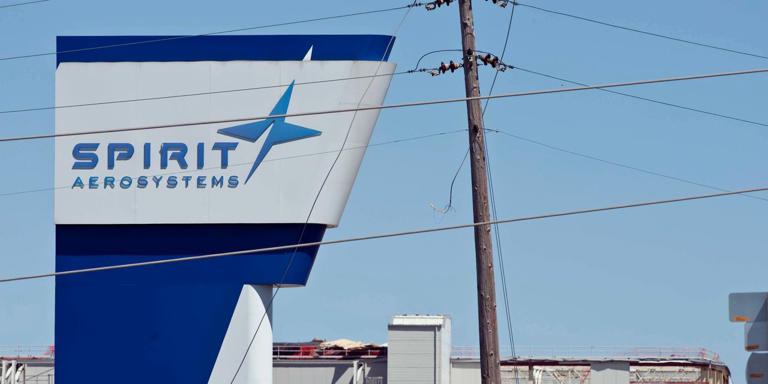Boeing’s recent all-stock acquisition of Spirit Aerosystems Holdings Inc. for over $4 billion has sent shockwaves through the aerospace industry. This move signifies a significant consolidation effort within the sector, with far-reaching implications for both companies and the market as a wholeOverview of the Deal:
Boeing’s proposal to acquire Spirit Aerosystems at $37.25 per share, totaling around $4.7 billion, represents a premium of 30% over Spirit’s previous closing share price. This deal, with an estimated enterprise value of $8.3 billion, underscores Boeing’s strategic goal of integrating Spirit’s capabilities more closely into its operations.
Strategic Rationale:
Enhanced Integration and Synergies:
The acquisition is set to streamline manufacturing and engineering processes across both Boeing and Spirit Aerosystems. This alignment aims to boost operational efficiencies, cut costs, and enhance safety and quality systems, essential in today’s fiercely competitive aerospace market.
Historical Context and Industry Dynamics:
While Spirit Aerosystems was once a part of Boeing before a spin-off in 2005, its reintegration under Boeing’s umbrella now signals a reunification of core manufacturing and supply chain functions. This move is poised to streamline production processes and bolster Boeing’s supply chain resilience.
Market Impact and Financial Considerations:
Stock Market Response:
Investors have reacted positively to the acquisition, as seen in the immediate uptick in Spirit’s stock price following the announcement. This shows confidence in the deal’s terms and strategic rationale, with Spirit’s shares closing at $32.87 on the day preceding the announcement.
Boeing’s Strategic Maneuver:
Through this acquisition, Boeing aims to strengthen its production capabilities amidst challenges like the 737 Max crisis and supply chain disruptions. By consolidating key manufacturing activities, Boeing seeks to exert greater control over its production timelines and product quality assurance.
Airbus’ Countermove:
Not to be outdone, Airbus has also made a strategic move in response to Boeing’s acquisition plans. Airbus announced an agreement with Spirit Aerosystems to acquire specific manufacturing activities for $559 million, including crucial production facilities responsible for A350 fuselage sections and A220 components.
Industry Context and Future Outlook:
Sector-wide Restructuring:
The aerospace industry is undergoing significant restructuring and consolidation, with companies like Boeing and Airbus reevaluating their supply chain strategies and production capacities to adapt to changing market dynamics and technological advancements.
Implications for Stakeholders:
Stakeholders are closely monitoring the integration process and its impact on operational efficiency, workforce dynamics, and market competitiveness. The successful execution of this acquisition could position Boeing as a stronger player in the global aerospace market, better equipped to tackle future challenges.
Conclusion:
Boeing’s acquisition of Spirit Aerosystems represents a game-changer in the aerospace industry, reflecting a strategic approach to consolidation and operational integration. This move underscores Boeing’s commitment to enhancing manufacturing capabilities, improving supply chain resilience, and creating long-term value for stakeholders. As the industry evolves, the success of this acquisition will play a crucial role in shaping Boeing’s competitive position and operational effectiveness in the years ahead.
